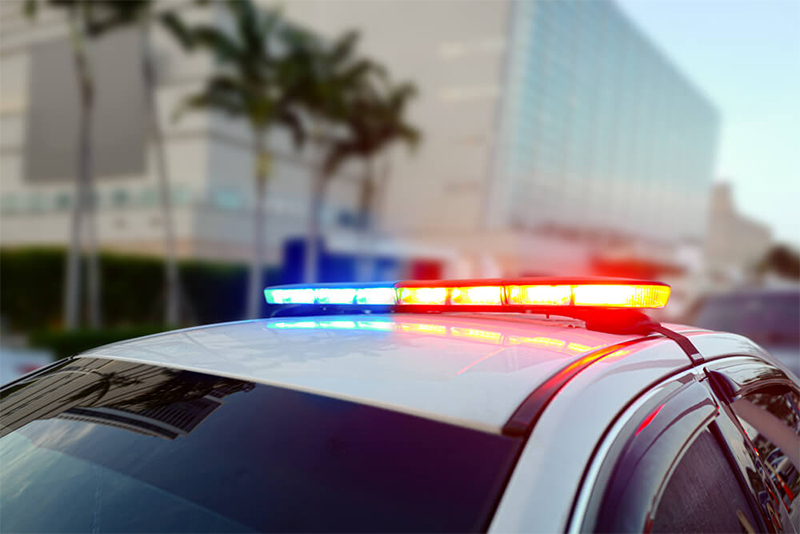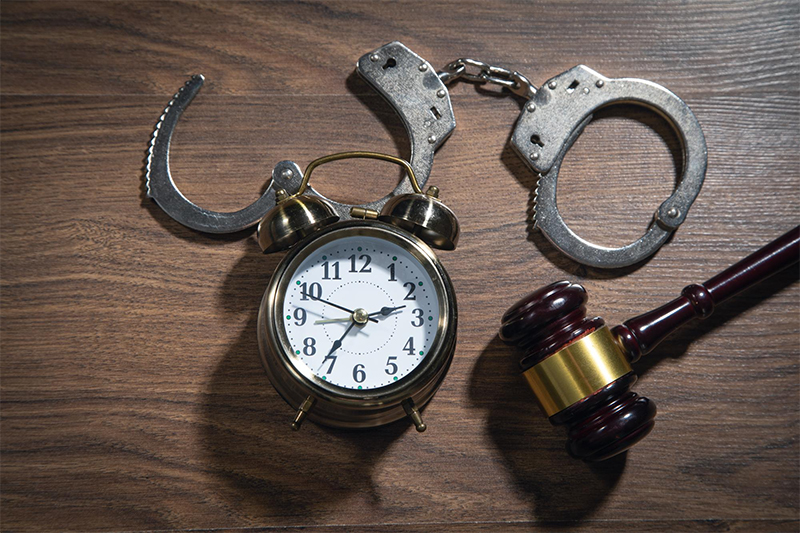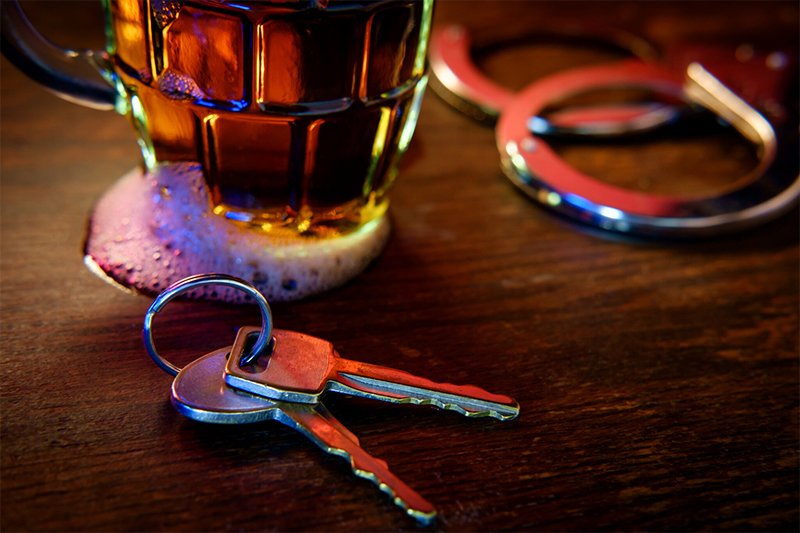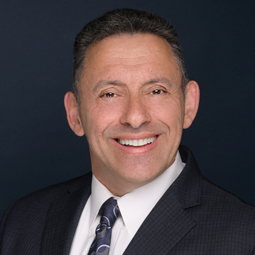A DUI checkpoint, also known as a sobriety checkpoint, is a location where law enforcement officers conduct vehicle stops to check drivers for signs of impairment due to alcohol or drug use. These checkpoints are set up strategically to identify and deter impaired drivers from being on the road.
The primary purpose of a DUI checkpoint is to reduce the number of accidents and fatalities caused by intoxicated drivers. While the specifics of DUI checkpoints may vary depending on state and local laws, they are typically set up during times when impaired driving is more likely to occur, such as holidays and weekends.
At these checkpoints, officers may administer field sobriety tests and breathalyzer tests to drivers suspected of impairment. The ultimate goal of a DUI checkpoint is to ensure the safety of all drivers and passengers on the road by preventing accidents caused by impaired driving.
The Legality of DUI Checkpoints in Las Vegas
DUI checkpoints are legal in Las Vegas and throughout the state of Nevada. In the past, there have been legal disputes regarding the constitutionality of these checkpoints, but the Nevada Supreme Court has upheld their legality. The current standing is that DUI checkpoints are considered an acceptable method for law enforcement to identify and apprehend impaired drivers.
When passing through a DUI checkpoint, drivers are typically required to stop and comply with law enforcement requests, such as providing a driver’s license and vehicle registration. If an officer suspects that a driver is under the influence of alcohol or drugs, the driver may be asked to perform field sobriety tests or take a breathalyzer test. Those arrested for DUI at these checkpoints may face license suspension, fines, and potential jail time.

How Are Checkpoints Established?
Law enforcement agencies establish checkpoints to monitor and control traffic flow and people in a specific location. These checkpoints are typically set up at strategic points such as border crossings, major highways, or high-crime areas.
Creating these checkpoints involves careful planning, coordination, and consideration of legal and ethical implications. They are intended to serve various purposes, including public safety, crime prevention, and immigration control.
Factors that Determine Location and Frequency of Checkpoints
To be effective, law enforcement considers high-traffic areas and locations known for a high incidence of DUI-related incidents. These may include areas near
In terms of officers’ tactics, surprise is important to catching impaired drivers off guard. Therefore, the specific details of the location and frequency of DUI checkpoints are not typically disclosed to the public in advance.
Law enforcement also considers the safety of both the officers and the general public when determining the location of checkpoints, ensuring that they are set up in a manner that does not impede traffic flow or create hazards.

What Happens When Drivers Are Stopped at a Checkpoint?
At police checkpoints, drivers must provide their license and registration, answer questions about their travel, and may undergo sobriety tests. Drivers have the right to remain silent but must comply with license and registration requests.
Failure to stop can result in fines, license suspension, and jail. If arrested, remaining calm and requesting an attorney is important.
Is Refusal to Submit to Testing Allowed?
In Nevada, refusing to submit to testing at a DUI checkpoint carries severe consequences. Under Nevada law, any person who operates a motor vehicle is deemed to have given their consent to a test of their blood, breath, or urine to determine alcohol or drug content if they are arrested for driving under the influence (DUI).
Driving through a DUI roadblock in Nevada without stopping constitutes a gross misdemeanor under NRS 484B.580. [1]
The penalties include:
Trying to forcefully pass through the roadblock may result in a police chase and collision. If these actions lead to death, substantial harm, or property damage over $1,000, you could face category B felony charges.
Penalties involve one to six years in Nevada State Prison and/or fines up to $5,000.

What Should Drivers Do If They Encounter a Sobriety Checkpoint?
When encountering a sobriety checkpoint, drivers need to be aware of their rights and responsibilities to ensure a smooth and lawful interaction with law enforcement.
Pull Over Immediately:
If you are instructed to pull over by the authorities, it is important to do so immediately and safely. First, signal your intention to pull over by turning on your hazard lights. Then, start to slow down and carefully pull over to a safe location on the side of the road, ensuring you are out of the traffic flow and in a visible area.
Once you have come to a stop, remain in your vehicle with your hands on the steering wheel. This will signal to the authorities that you are compliant and not a threat. Remember to keep calm and follow any further instructions given to you by the authorities. It is important to cooperate fully and remain respectful during the interaction.
Follow the Instructions From the Police Officer:
At a DUI checkpoint, follow proper protocol when interacting with police officers. Slow down when approaching a DUI checkpoint and follow the officer’s instructions. Be prepared to show your driver’s license, vehicle registration, and proof of insurance upon request. Remain calm and cooperative while interacting with the officer.
If the police officer asks you to submit to a field sobriety test or a breathalyzer, comply with their directions. Refusing to take these tests can result in legal consequences, including suspension of your driver’s license.

Challenges to the Legality of Sobriety Checkpoints in Las Vegas
In recent years, there have been challenges to the legality of sobriety checkpoints in Las Vegas. Critics argue that these checkpoints violate Fourth Amendment rights against unreasonable search and seizure and the Fifth Amendment right against self-incrimination. [2]
They also raise concerns about the potential for racial profiling and the disproportionate impact on low-income individuals. Despite these challenges, law enforcement officials in Las Vegas continue to defend the use of sobriety checkpoints as an effective method for deterring drunk driving and ensuring public safety.
Unreasonable Search and Seizure Argument Against Sobriety Checkpoints
The argument against sobriety checkpoints based on the Fourth Amendment revolves around unreasonable searches and seizures. Constitutional law experts believe that blanket stops like DUI checkpoints are unreasonable and should be excluded by the Fourth Amendment. This is because these checkpoints involve stopping vehicles without any individualized suspicion of wrongdoing, which goes against the constitutional protection against unreasonable searches and seizures.
The argument against sobriety checkpoints based on the Fourth Amendment centers on the belief that these checkpoints constitute unreasonable searches and seizures and, therefore, should be excluded by constitutional law.

FAQs
If you or a loved one has been injured in a drunk driving accident, contact Goldberg & Loren’s personal injury attorneys in Las Vegas for legal representation.
Sources:
[1] NRS: CHAPTER 484B – RULES OF THE ROAD. (n.d.). https://www.leg.state.nv.us/nrs/nrs-484b.html
[2] What Does the Fourth Amendment Mean? (n.d.). United States Courts. https://www.uscourts.gov/about-federal-courts/educational-resources/about-educational-outreach/activity-resources/what-does-0

